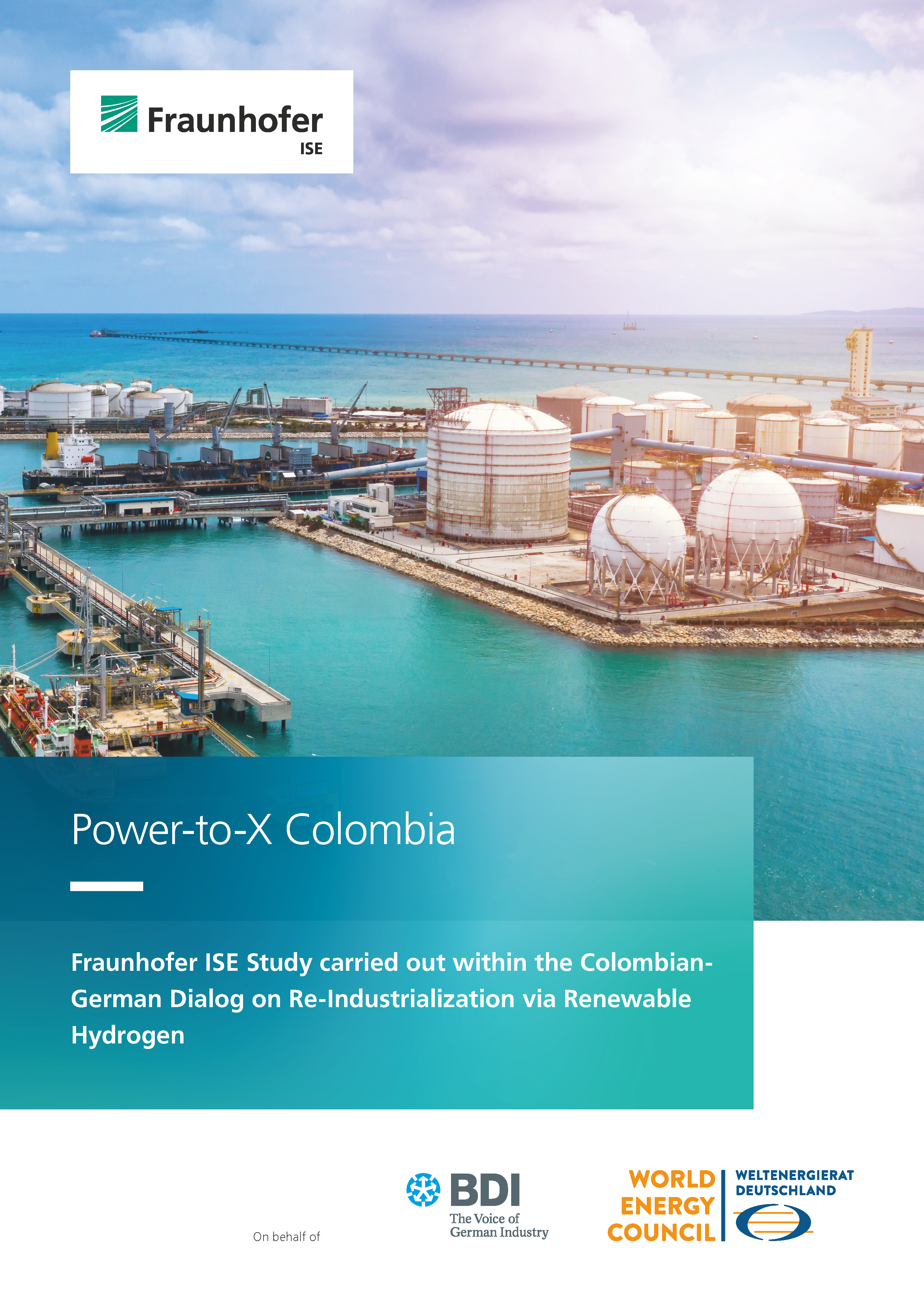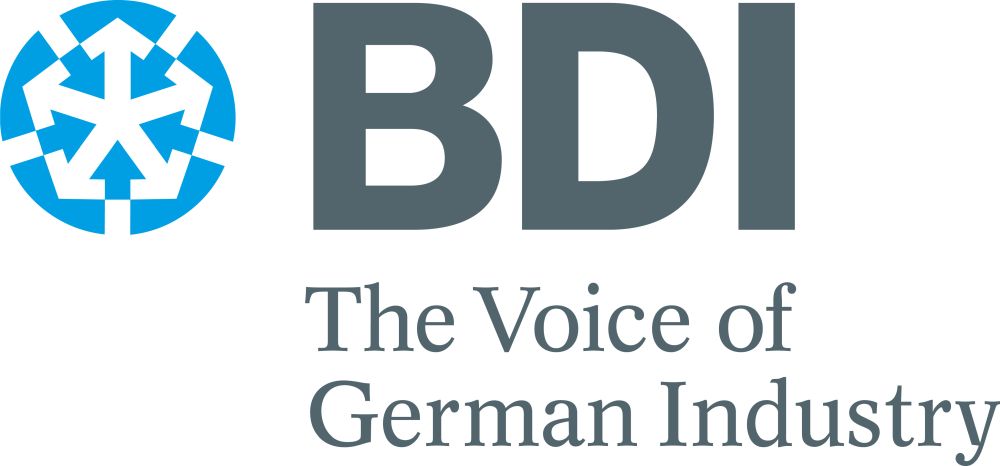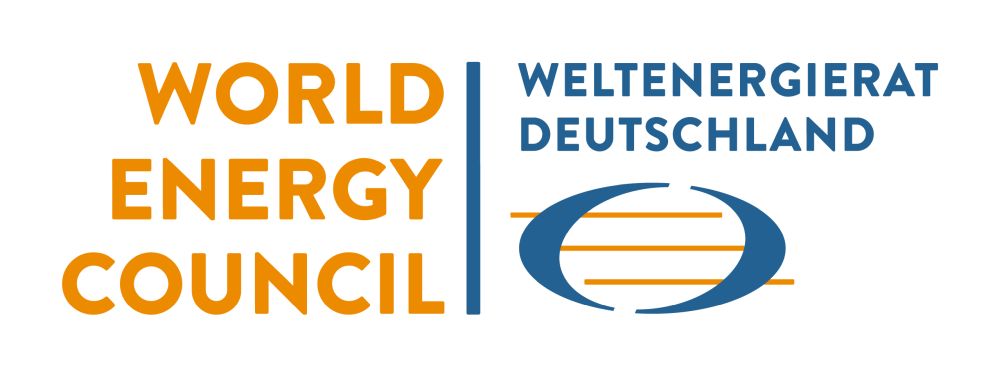Colombia offers particularly favorable conditions to produce green hydrogen and its derivatives
Colombia has enormous potential for renewable energies. In addition to conventional hydropower and biomass, the country offers ideal conditions for the generation of solar and wind energy, both on land and off the coast. Due to these conditions, the country has the vision of becoming a key player in the green hydrogen economy.
The techno-economic analyses identified three regions as potential hydrogen regions using geographic information systems (GIS). The latter considered not only the nationwide solar and wind potential but also a range of other indicators, including terrain and land use, water availability, and existing infrastructure. The identified hydrogen regions are the northern region of La Guajira, the regions of Cartagena and Barranquilla, as well as Valle del Cauca and Cali.
Establishing a Colombian hydrogen backbone could be critical to decarbonizing the economy. This approach would optimize existing infrastructure, leverage regional resources for large-scale PtX applications, and put Colombia in alignment with its climate goals of reducing greenhouse gas emissions by 51% by 2030 and achieving carbon neutrality by 2050, while driving economic growth and job creation in renewable energy-rich regions at the same time.


